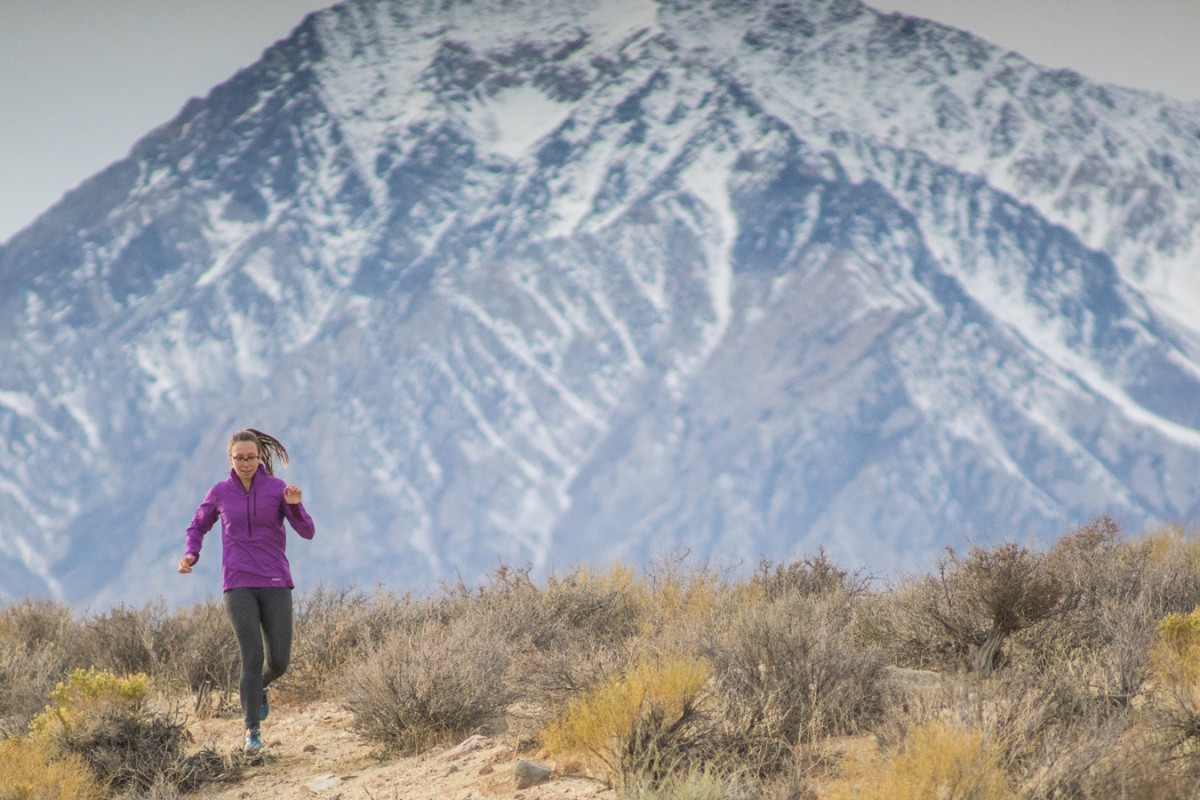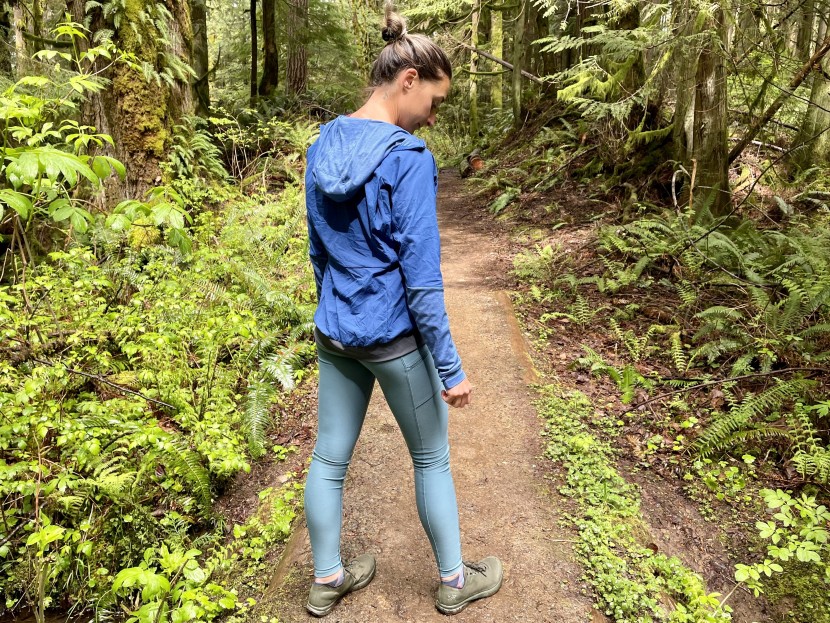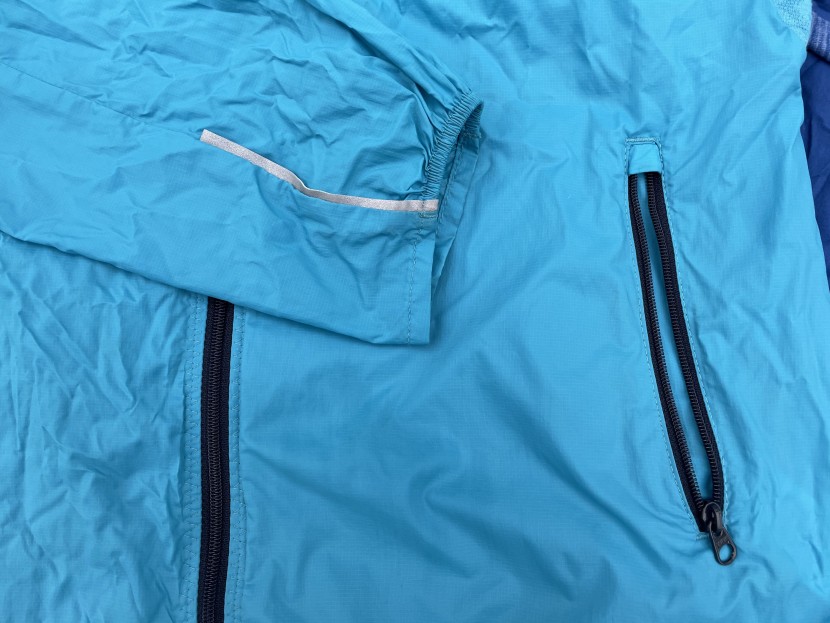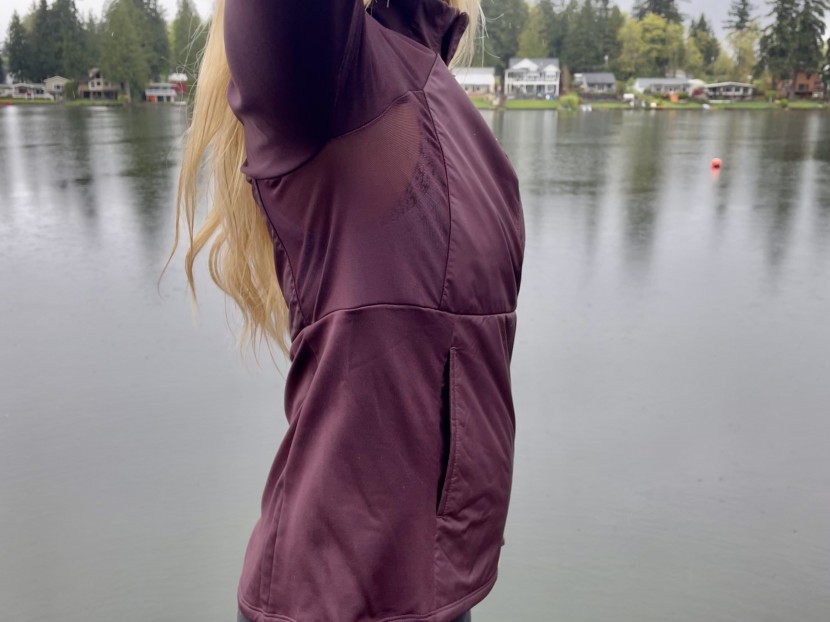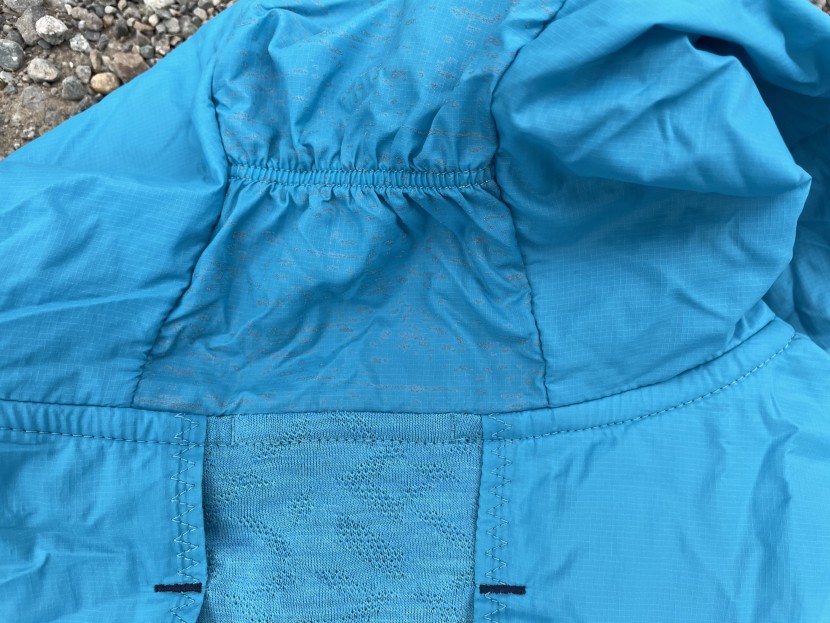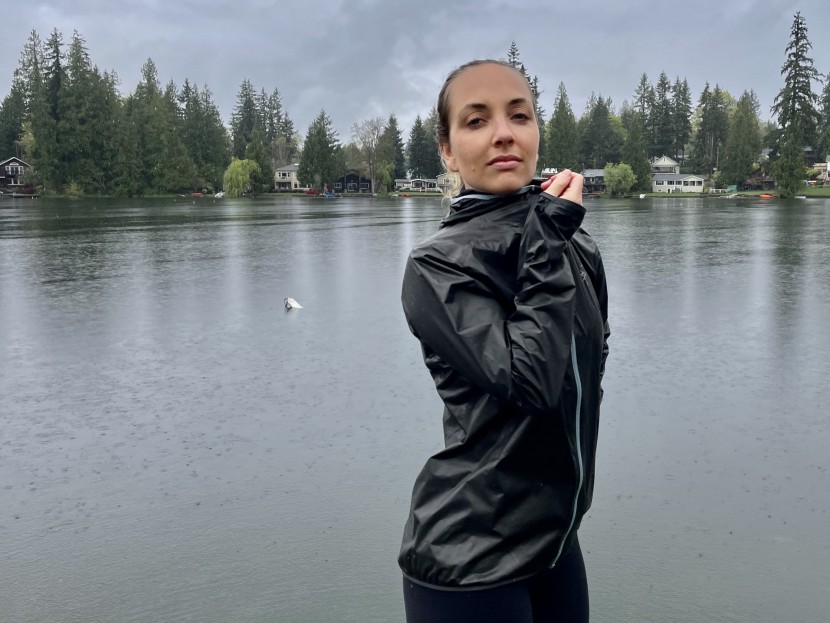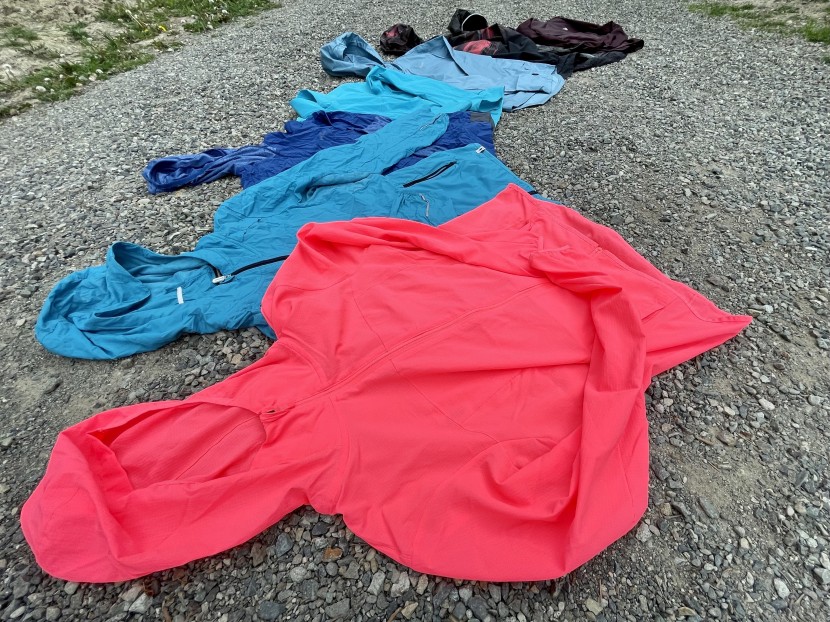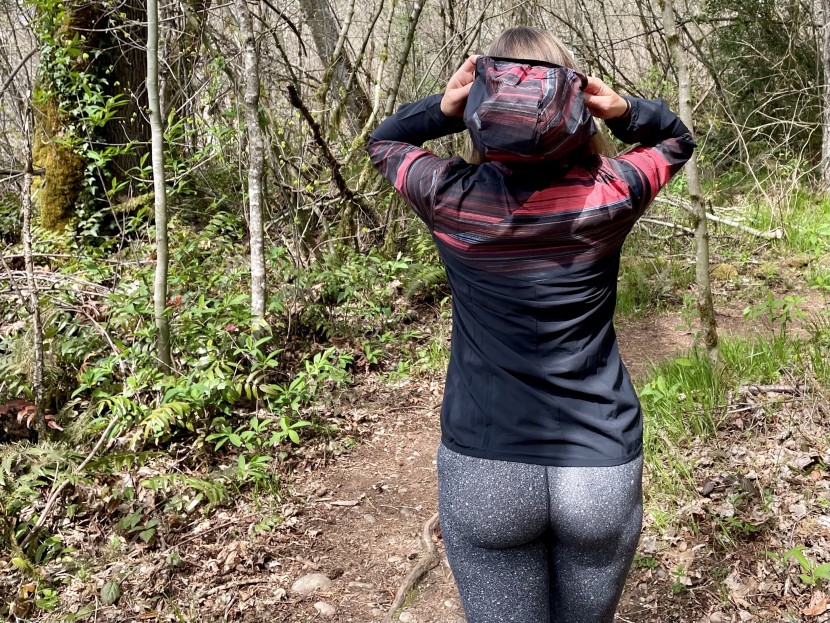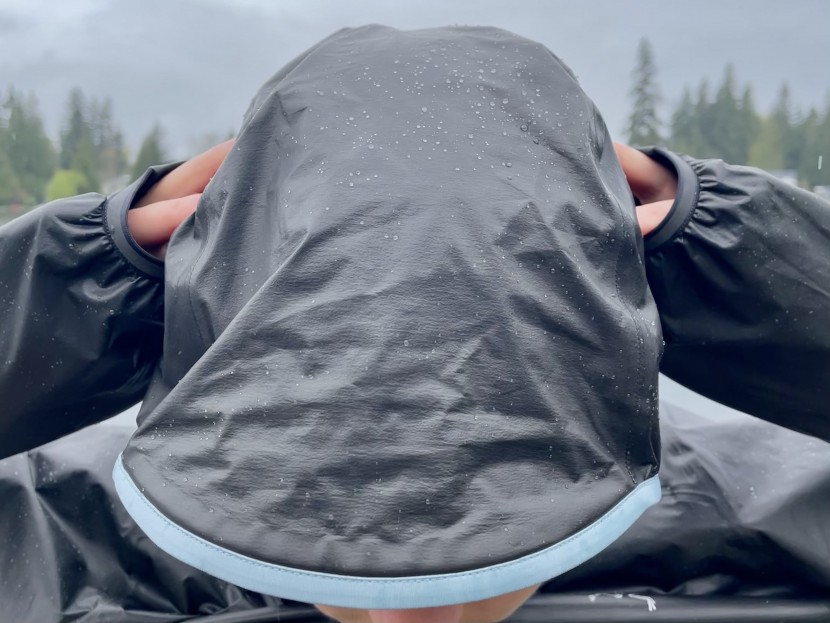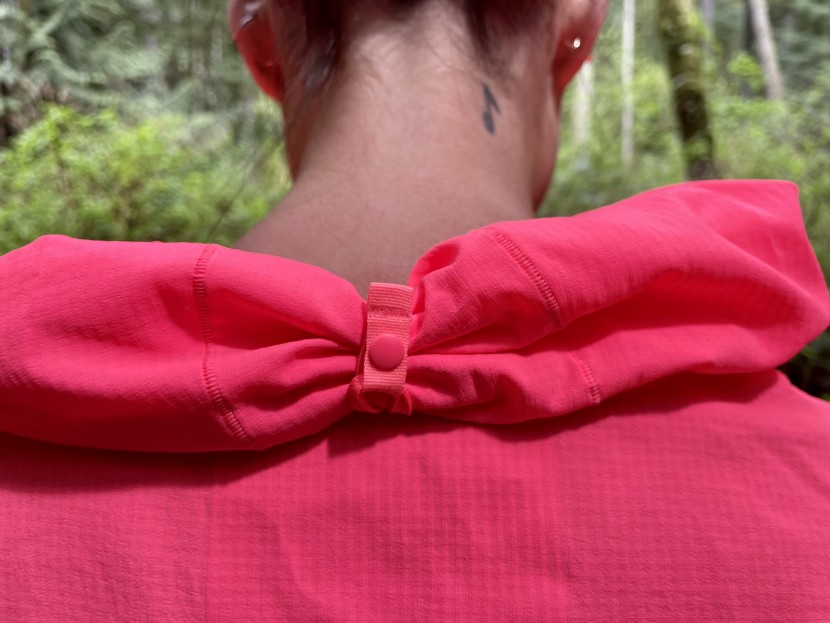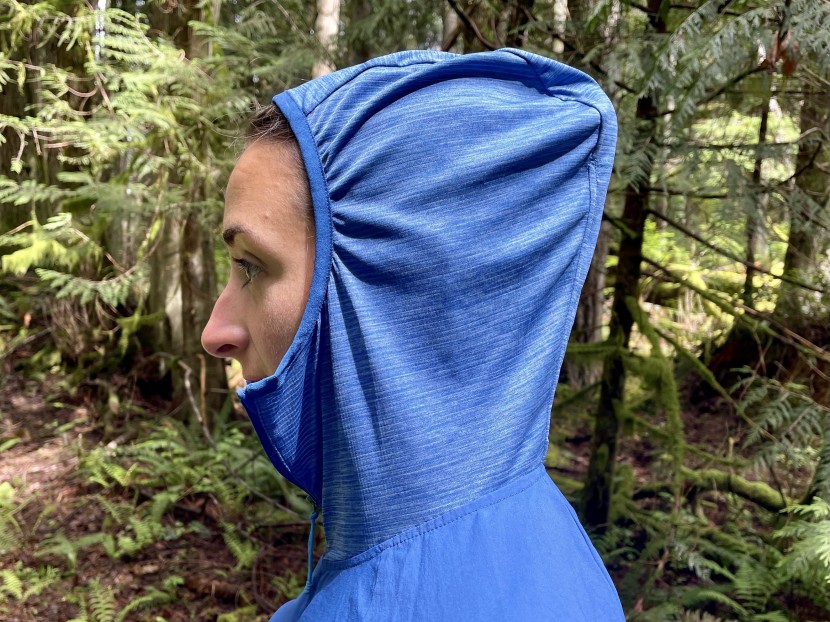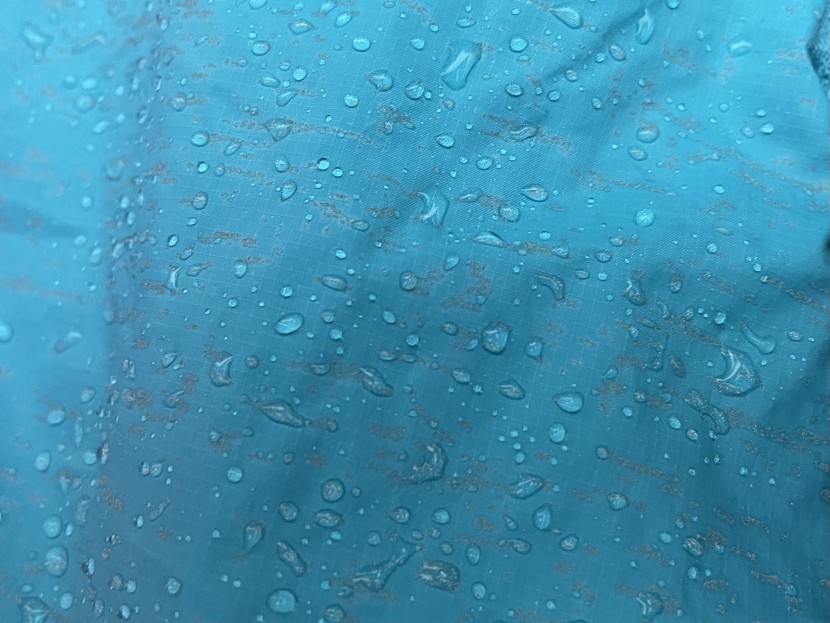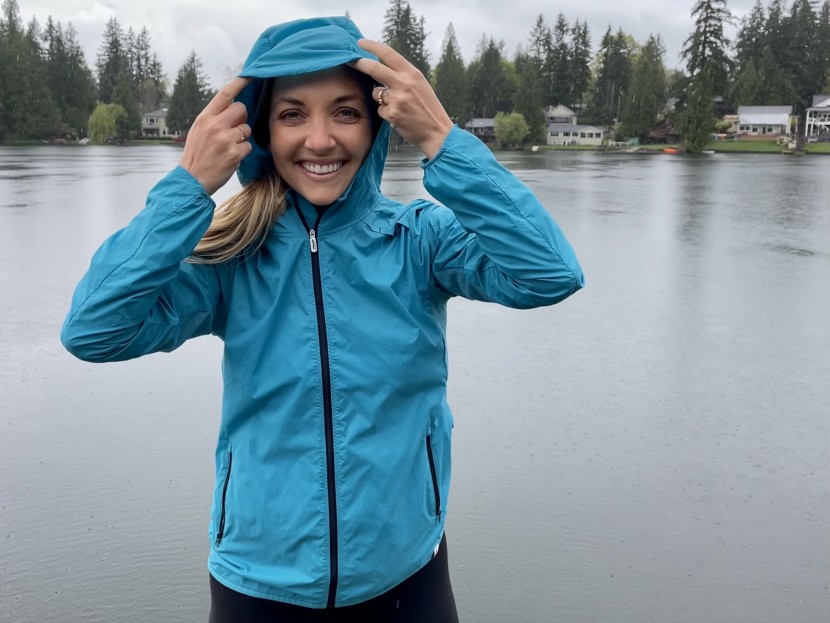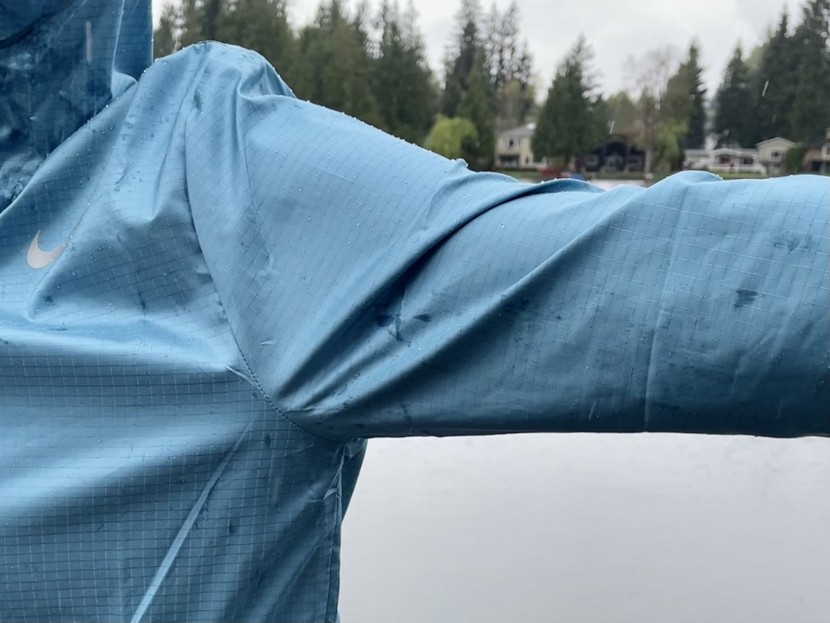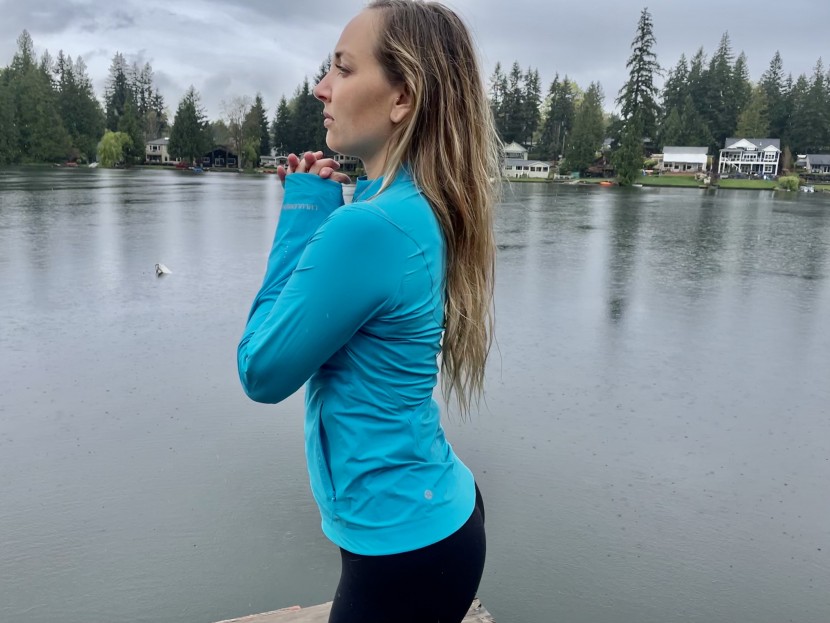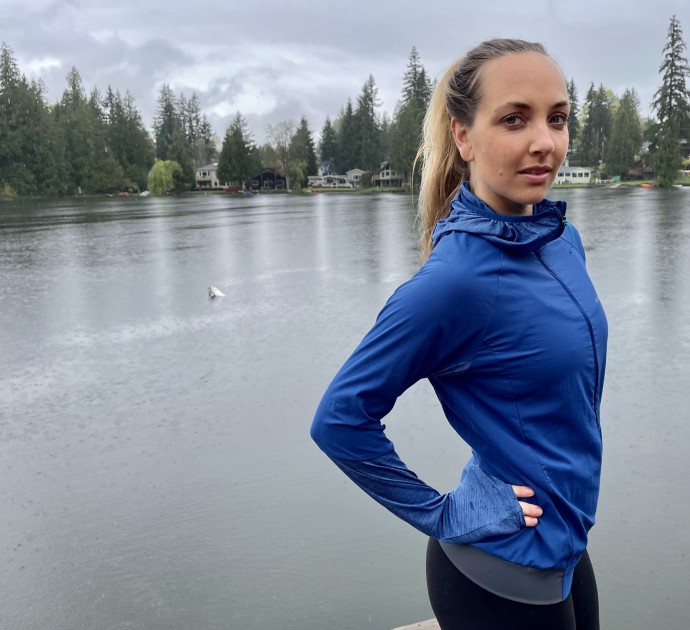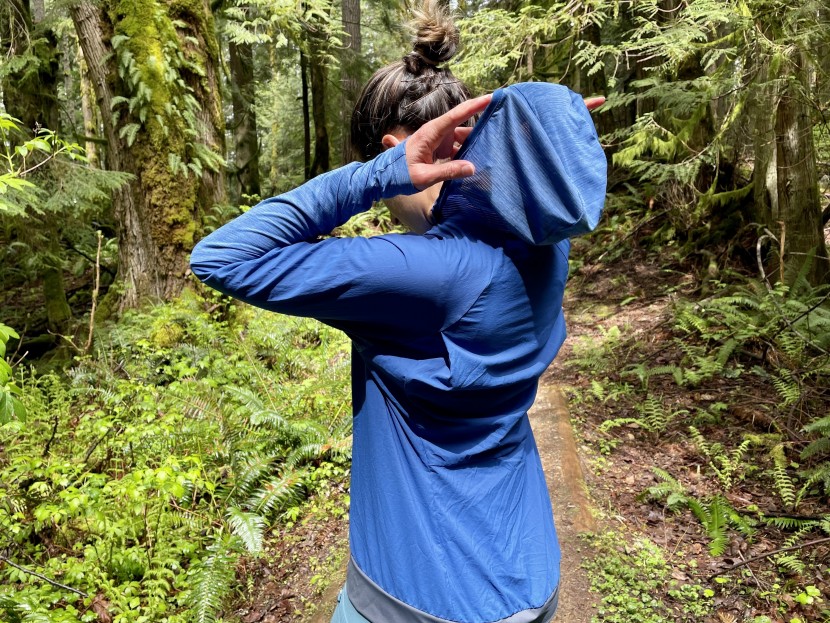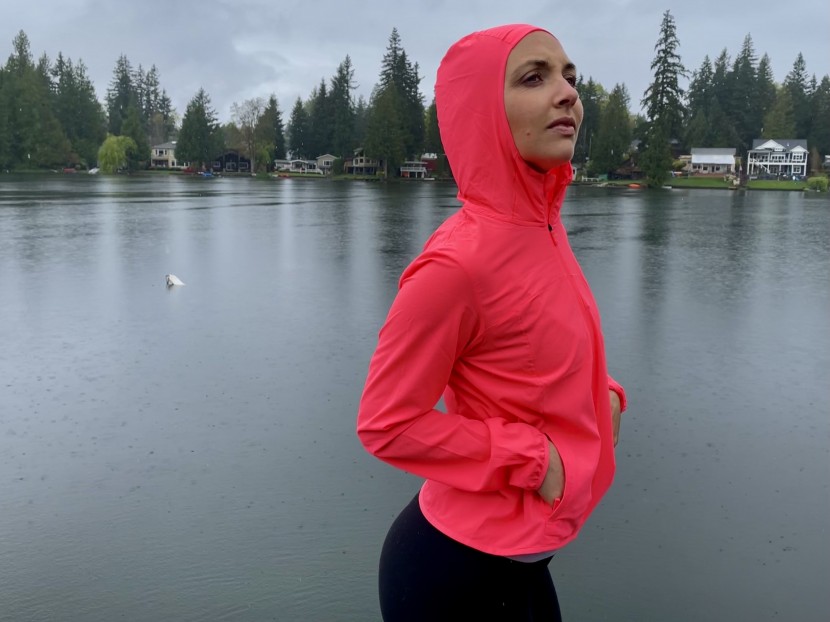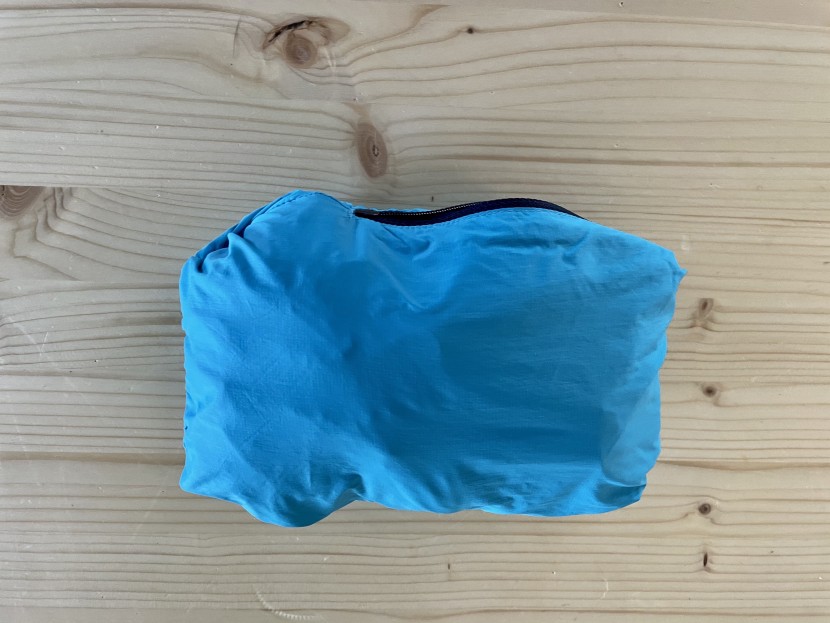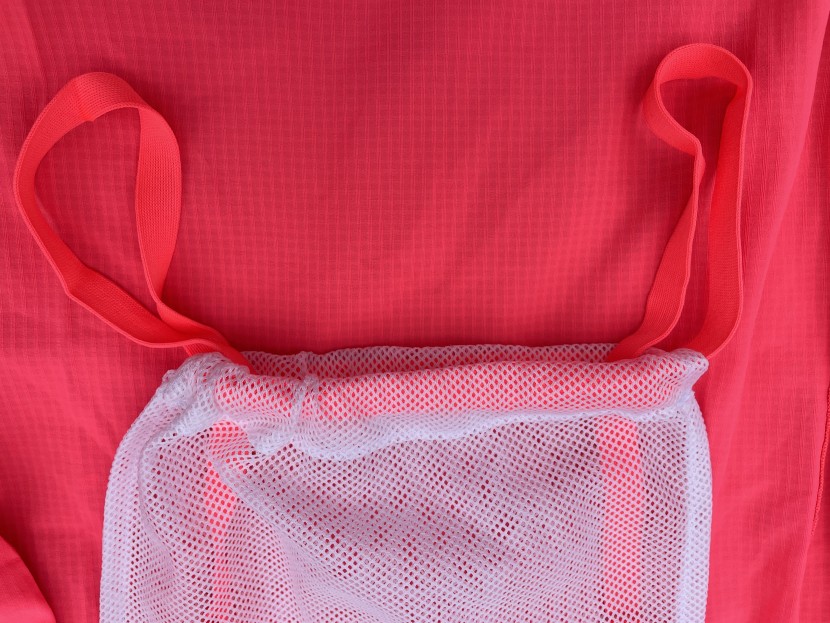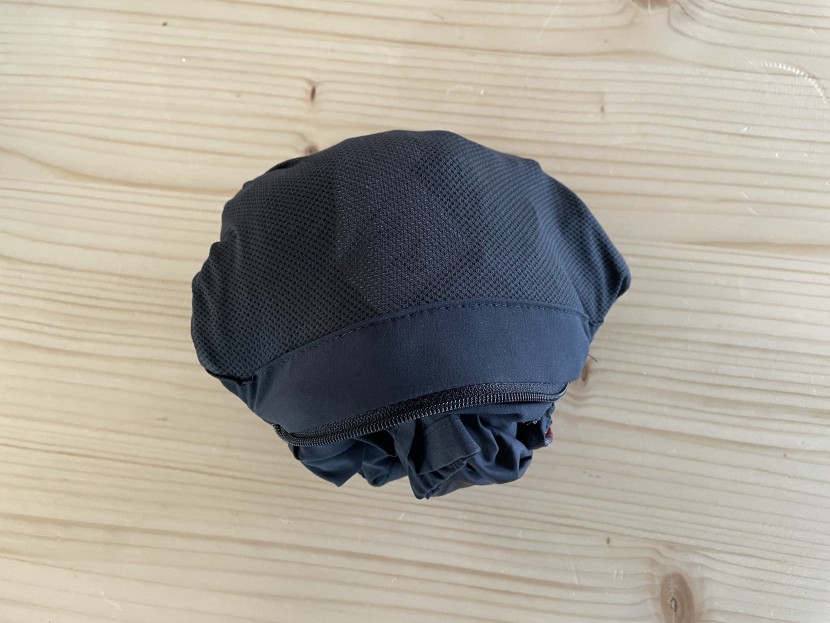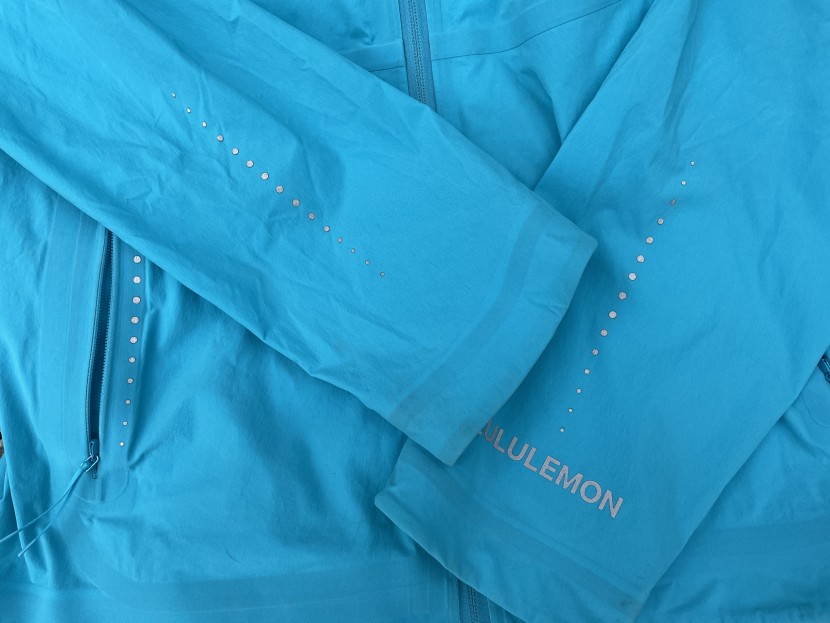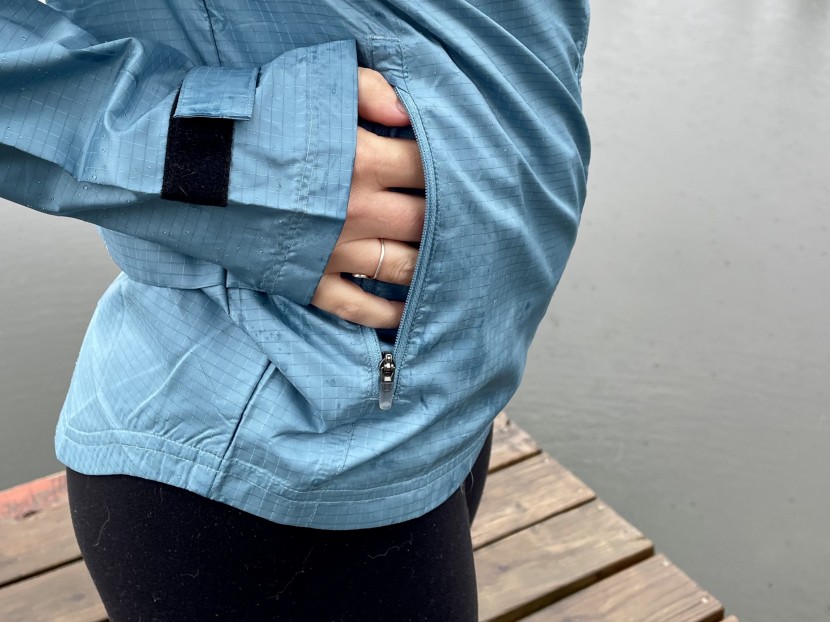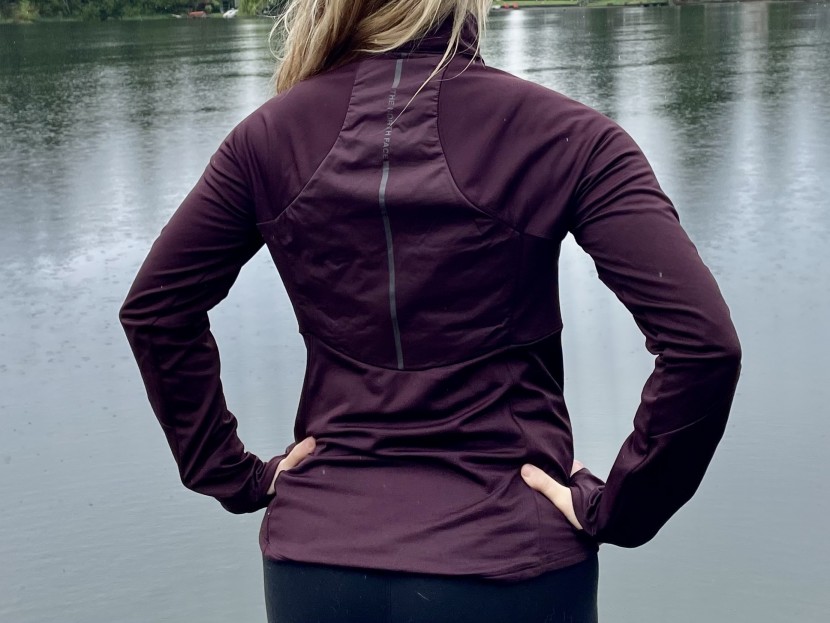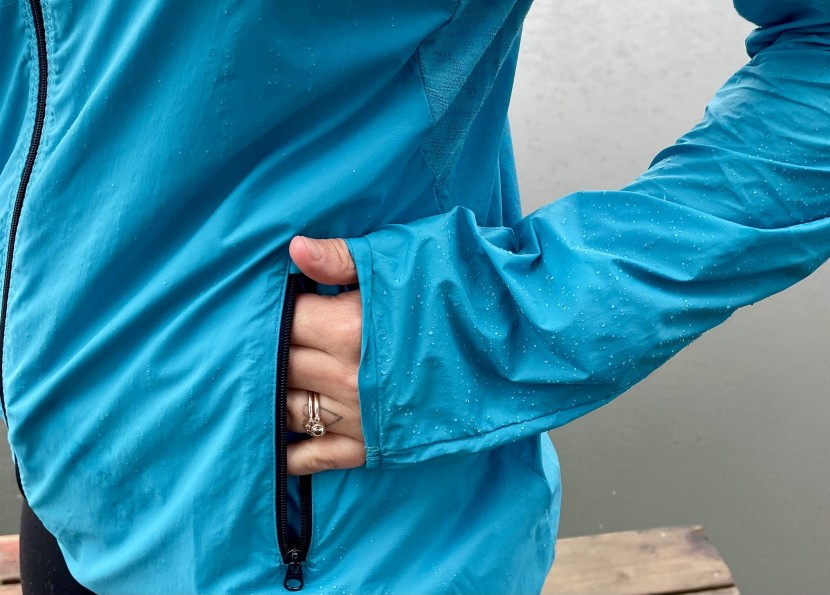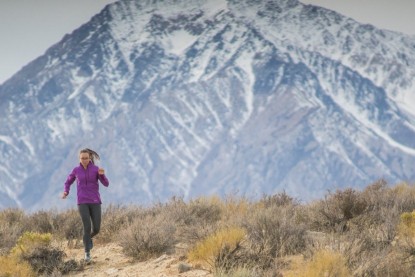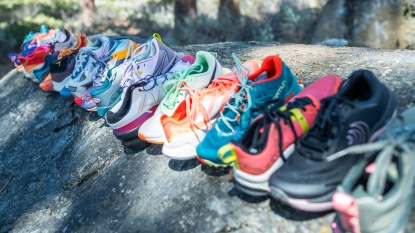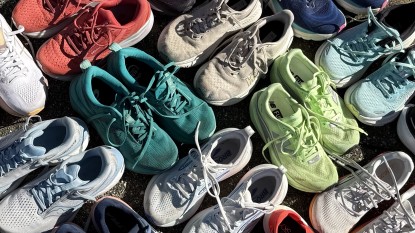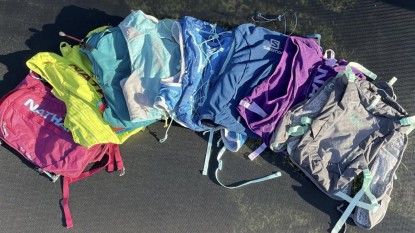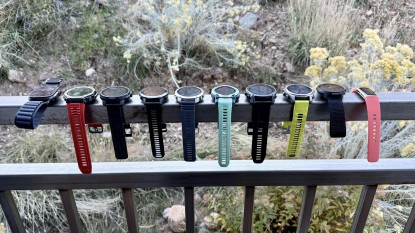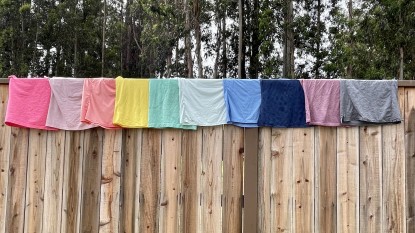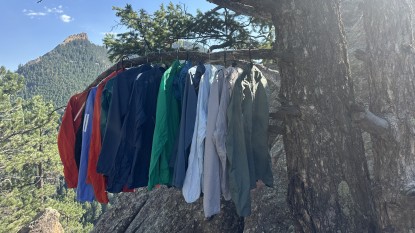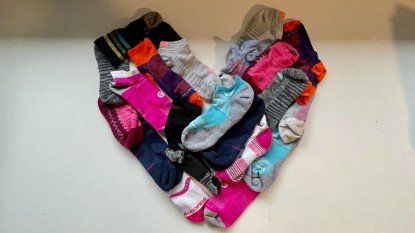We're committed to helping you find the right gear, from the top running shoes to the top women's running hydration packs and, yes, even running jackets. To show our dedication, we spent months testing the most popular running jackets on the women's market today. We ran around the pampas of Argentine Patagonia, the trails of Yosemite Valley, the dirt roads of Bishop, California, the sandy beaches of the Olympic Peninsula, and the urban streets of Seattle. We ran in a variety of conditions, from warm spring sunshine to cool, rainy fall mornings. And after all that testing, one of the most important things we learned was how different every runner, as well as every jacket, really is. Depending on where you live, what type of running you do, and how often you run, your needs for a jacket will differ. Through our testing process, we identified five scoring metrics that helped us get to know each product. Keep reading, and we'll explain a bit more about what to look for in those categories and, depending on your type of running, which of these metrics you should be paying close attention to while on the hunt for your new running cloak.
What's a Running Jacket? Do I Need One?
If you're wondering what exactly a running jacket is, don't worry. We know how many different layers exist out there, from windbreakers to rain jackets and hard shells to mid-layers. We focused on products that are specifically made for high-output cardio activities. There are certain things that runners need that you might not find in your average jacket, so we'll break down those metrics and what we looked for when assessing the nitty-gritty details.
Breathability
The single most important trait in any running jacket is its breathability. Unlike other outdoor activities where a slower pace can maintain a pleasant body temperature, running requires working up a sweat. No matter how new or how seasoned of a runner you are, and no matter how hot or cold it is, you're going to need clothing that lets your body breathe. We think of this as how well your body can regulate its temperature when clothed in a specific jacket.
During our testing process, we found that running jacket manufacturers tend to choose one of a few different methods for adding breathability. The first of these is to choose an inherently breathable fabric. This method has some great advantages and tends to be more breathable overall. Many of the most popular jackets available are made of dual fabric patterns, in which the most breathable textiles are the ones worn closest to the steamiest places. Because we tested each jacket in myriad weather patterns, we closely and extensively monitored the venting situations of the underarms and lower backs. If you're looking for the best combination of protection and breathability, which we believe most of you are, we'd highly suggest looking for a jacket with a “body-mapped” venting system.
However, throughout our years of testing, we have often found that breathability comes at the cost of weather protection. This is not a bad thing. It is absolutely a personal thing, though. If you do a lot of running in the rain, you might consider rain protection your highest priority, with a lesser emphasis on breathability. Conversely, if scaling windy peaks is more your style, you'll want to emphasize a jacket that has a wine breaker vibe. You know where you like to run. With that in mind, you can determine which balance of breathability and weather protection is right for you.
Weather Resistance
It's not always sunny, warm, and perfect for running, and on days when the weather turns foul, you can't just let your training come to a halt to wait out a storm. Or you can if you want, we don't judge. Weather protection comes in a wide spectrum of qualities. Our testing team set out to determine how each product protected us from three things — wind, rain, and cold temperatures.
Wind
The wind is an element that we find we are constantly battling while running. A slight breeze can really cool you down when you're sweaty, and you need a jacket that can take that icy sting off. The vast majority of jackets we tested did great in the wind. With proper ventilation, as we described above, it's totally possible to get protection from the wind while maintaining breathability.
Rain
Very few of the jackets in this review are meant to act as a waterproof rain jacket. While a true rain jacket or hardshell jacket is waterproof, most running jackets are water resistant. Usually, a hardshell protects you from moisture in the construction of its fabric. On the other hand, a running jacket typically uses a treatment (like DWR) to help repel moisture.
Most of the running jackets we tested have a rain-resisting finish, but this only goes so far. While it'll help fend off moisture during short spells of mist, they will not be able to keep up with the water levels of a real rainstorm. Typically, the more water-resistant a jacket is, the less breathable it is. Again, we suggest really thinking about the conditions you typically run in. If you want an all-around jacket, look for products whose scores balance breathability with weather resistance.
Cold
Finally, there's cold. We found that it had to be pretty cold, with temperatures at or below freezing, to really warrant an insulated jacket while running. It might feel cold when you're getting started, but we are always surprised by how quickly we warm up. Consider the primary climate where you will be running and decide if you truly think you'll need insulation or thicker fabric. And remember the ever-important rule of running: always start cold.
The merino wool jackets we tested are typically more breathable but not quite as thick as the other various polyester and nylon blends we tested. We would only suggest one of these warmer, insulated jackets if you're planning on spending time in near- or below-freezing temperatures. Anything warmer than that, and you'll probably be happier with a long sleeve base layer and a light jacket.
Comfort and Mobility
We take our comfort seriously. We have been known to shed layers simply because the seams touch us too much. We know that being comfortable leads to more excitement, which may lead to more days outside and better performance. After all, we can't have our clothes niggling us on race day. Comfort is a pretty personal category, but we used friends, colleagues, and other runners to provide feedback on the fit and feel of each jacket until we reached a consensus. Plot twist — we actually found most of our favorites to be the same.
The main things we evaluate in the comfort and mobility realm are stretch, softness, fit, adjustability, and sleeves. Although, some of the sleeves on these jackets are so fancy that they crossed over into the features metric. Quite a few of the jackets in our latest roundup were laced with elastane to increase their flexibility. When mixed just right, the textile concoction came out deliciously smooth. Softness is key when assessing comfort. If the jacket's arms go “whoosh-whoosh” while we are running, we know it's not soft enough. We found that jackets with itchy or stiff internal material could lead to chafing and rubbing over time, especially if we had a pack on over the jacket, bringing the jacket's fabric even closer to our bodies. If you're able to inspect a jacket before buying, be sure to look at the inside seams and really feel the fabric. While it may feel nice at first, will it still feel nice after rubbing on your skin for a mile or twenty-six point two?
We like sleeves that stretch and that are long enough to cover the hands and provide a little warmth. While testing this round-up of jackets, we took special care to notice any special comfort features thrown into the sleeve area. Many of the jackets have light elastic banding around the wrist cuffs, which helps to keep the weather out, but it also aids in holding your sleeves up by your elbows if that is a feeling you like. Some of our jackets didn't have elastic cuffs, but all of the jackets boast sleeves of ample length, which is awesome for our frigid fingers.
As with most of the bits and pieces of the comfort and mobility metric, the fit elements are highly personal. Our main reviewer is a women's size small, with narrow shoulders and a short shape overall. We encourage you to keep your own shape in mind as you weigh the pros and cons of each jacket. We tried to keep good notes about our own shapes as we tested. Our diverse team of runners found that, for the most part, a comfortable jacket is a comfortable jacket.
Fit ties directly into mobility. While we don't usually flap our arms like wild geese when we are running, we absolutely tested in this way. The main thing that can inhibit your range of motion in the shoulder area of a jacket. If the panels are too narrow, you won't be able to maintain your easy gait while running. Furthermore, if the jacket can't stretch with you, you're going to be wearing a crop top every time you go to tighten your ponytail.
Portability
One of the key qualities of a running jacket, instead of a jacket you'd wear to run errands or go on a hike, is portability. Two key factors constitute a portable jacket: weight and packability.
Weight
Jackets in this review ranged in weight from a mere 2.3 ounces to a whopping 9.7 ounces, which is a really large gap. We found that some of our favorite products weighed in around 4 ounces. This mediocre weight allows for some nice features and materials that the ultralight jackets do not have but can be stashed easily as opposed to thicker options. If you are a super weight-conscious runner who is looking to go minimalistic ultramarathon excursions, you'll obviously be going light. If you are an enthusiastic runner who wants to get outside and push your pace, the middle-ground of ounce-age will serve you well.
Packability
Nearly all the jackets in this review have some sort of way to pack into themselves. Whether they fold into their own pocket or a built-in backpack, it's nice to be able to carry a jacket when the weather changes and not have to tie it around your waist. If you typically run with a pack, you may have no trouble stashing your discarded jacket into your pack. Even then, it is nice to have a jacket that packs down small and neatly.
Features
The features metric is a catch-all metric to describe the extra bells and whistles available on each jacket. These are the small characteristics that set each product apart from your everyday windbreaker or rain shell. We noticed every detail about these jackets, but some of our favorite features are hoods, reflective striping, and thumbholes.
We like hoods that are either soft and stretchy or have enough adjustability to stay close to the head. Many of the hoods we tested wouldn't get snug enough and then just acted like parachutes when we picked up speed. We noticed a relatively new feature of hoods this time around. We noticed that many hoods are now engineered with a lateral bungee near the base of the skulls (at the suboccipital, anatomically speaking). By cinching this bungee tight, you can customize the coverage of the hood and prevent it from flapping in the wind. Most of the hooded jackets even have a bit of elastic around the hood's edge. In addition to the lateral backside bungee, this elastic helps secure the hood in place on windy days.
If you run in urban areas, especially if you run at night, we can't stress how important visibility is. As ultramarathon and overnight races gain popularity, more opportunities than ever are popping up for running in the dark. Your jacket should feature some reflective markings, especially on the back, to help drivers see you. If you only run during the day, this may not be quite as important to you. We love a safety feature, so we awarded higher marks in this metric to jackets that offer some reflective markings.
Another important feature we look for is unique storage solutions. We are tired of tying our car keys to our shoes. Zippered front pockets are great, but we generally prefer chest pockets for minimizing bounce. Some pockets have upper arm pockets. Others have back pockets similar to those of cycling kits. However the designers choose to throw it in, we test it to discover which options make the most sense.
Conclusion
After months of intentional running while covered in these jackets, we learned a thing or two about choosing a new running sidekick. Our main takeaway is that clothing choices are very personal. Your jacket choice will depend upon your standard running climate, your anatomy, and of course, your budget. Whether you are a peak bagger, ultrarunner, a weekend hiker, or a hopefully 5k runner, we know you'll find a jacket you love. We did the hard work for you, so now all you have to do is relax and work on your stride.

